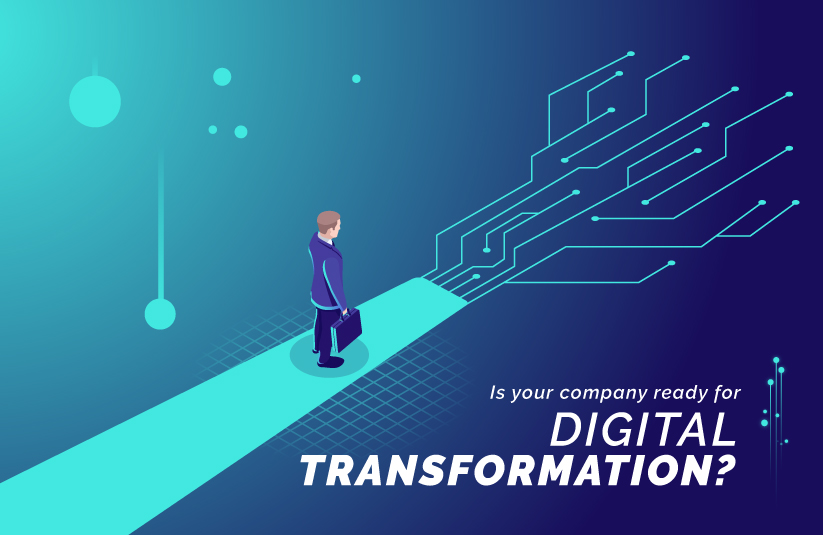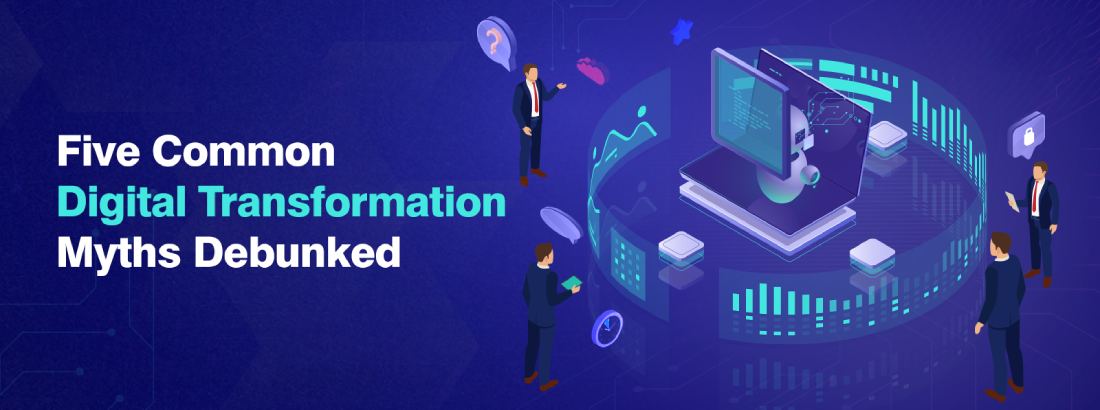Currently Empty: € 0,00

In recent years, digital transformation has emerged as a pivotal megatrend in management and development. Many organizations face the challenge of understanding this concept thoroughly. Without a clear grasp of digital transformation, the risk of unsuccessful implementation rises significantly. If we don’t have a precise understanding of “what” digital transformation entails, we cannot effectively address “how” to implement it. In other words, without a clear destination, any result may seem acceptable, leading to substantial material and intangible losses.
In my previous article, “What is Digital Transformation?” I outlined that digital transformation represents a fundamental shift in thinking and performance, driven by transformative technologies. These include the Internet of Things, cloud computing, mobile applications, social media, virtual and augmented reality, data analytics, artificial intelligence, and blockchain.
This article aims to clarify digital transformation by addressing five common misconceptions:
Digital Transformation is Equivalent to Information Technology
A frequent misunderstanding is equating digital transformation with information technology (IT). This misperception leads organizations to apply traditional IT strategies to digital initiatives. Unlike IT, which typically involves aligning technology with business strategy, digital transformation requires rethinking business strategies through a digital lens, adapting to the demands of the digital era.
IT is often a departmental concern, whereas digital transformation is an overarching concept affecting the entire organization. While IT initiatives may be managed by specific teams, digital transformation necessitates involvement from everyone within the organization, reflecting its broader scope and impact.
Digital Transformation Needs a Comprehensive and Detailed Plan
The era of long-term, detailed IT plans is over. With the rapid pace of technological advancements, a comprehensive, long-term technological plan is impractical. Instead, an agile approach is essential. Agile digital transformation involves setting a general direction and focusing on short-term targets and implementations. This iterative process allows for continuous evaluation, adjustment, and improvement.
Digital Transformation Can Be Outsourced
Some organizations mistakenly believe they can outsource their digital transformation. However, true transformation cannot be delegated entirely. While specific digital transformation tasks can be outsourced, the organization must lead and guide the overall process. The organization itself must serve as the “command center” for digital transformation, ensuring alignment with its goals and strategies.
Digital Transformation is a Project
Digital transformation is not a finite project with a clear start and end. Instead, it is an ongoing journey with evolving goals. Rather than treating it as a temporary initiative, organizations should view digital transformation as a continuous process with specific milestones along the way. Using project management concepts, digital transformation is more akin to a program with iterative progress rather than a single project.
Digital Transformation Begins with Establishing a Department or Office
Starting digital transformation with a heavy governance structure can hinder agility. Digital governance should not merely involve adding new departments or offices. Effective digital governance means embedding the concern for digital transformation across relevant parts of the organization. Leadership should focus on who within the organization is genuinely committed to driving digital transformation and ensuring it remains a strategic priority.
In conclusion, understanding and effectively implementing digital transformation requires a strategic, agile, and organization-wide approach. Misconceptions about digital transformation can lead to significant setbacks, but by addressing these misunderstandings, organizations can better navigate their digital journeys.

Summary
Digital transformation is a critical trend in management, requiring a clear understanding to ensure successful implementation. Unlike traditional IT, digital transformation demands an organization-wide approach, continuous agility, and cannot be fully outsourced. It is an ongoing journey rather than a finite project, necessitating strategic leadership rather than just new departments. Misunderstandings about digital transformation can lead to significant setbacks, but addressing these can help organizations navigate their digital journeys effectively.
